Search
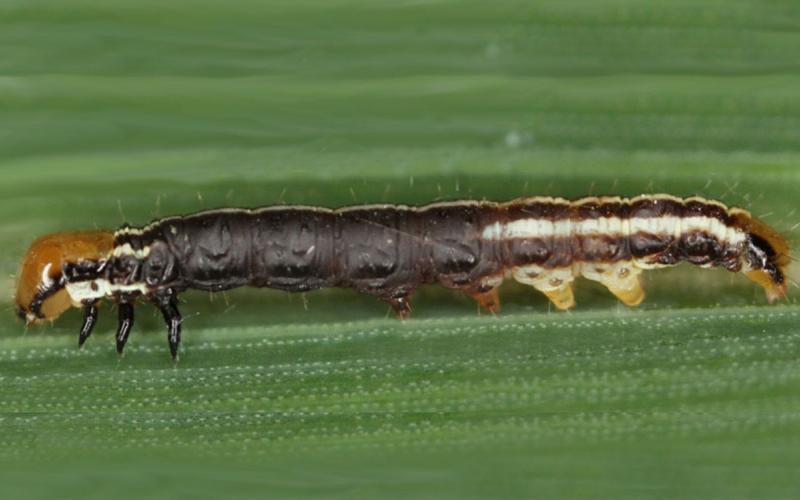
Common Stalk Borer Activity Estimate: May 6, 2021
We are beginning to accumulate degree days a little faster for common stalk borers. Eggs will be hatching through much of the state, and we will continue to monitor activity as the season progresses.
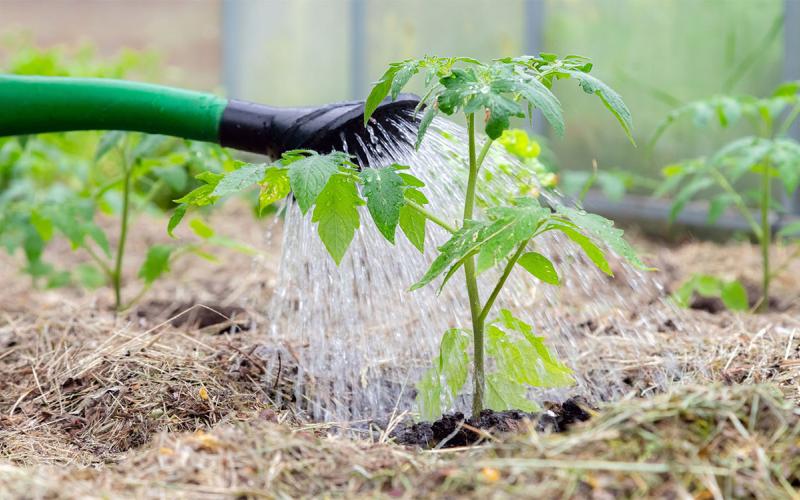
Weed Control in No-Till Gardens
Mulch is the key to successful weed control in no-till gardening. It is best to start a no-till garden in the fall to give applied mulch the time to breakdown and suppress any weed growth.
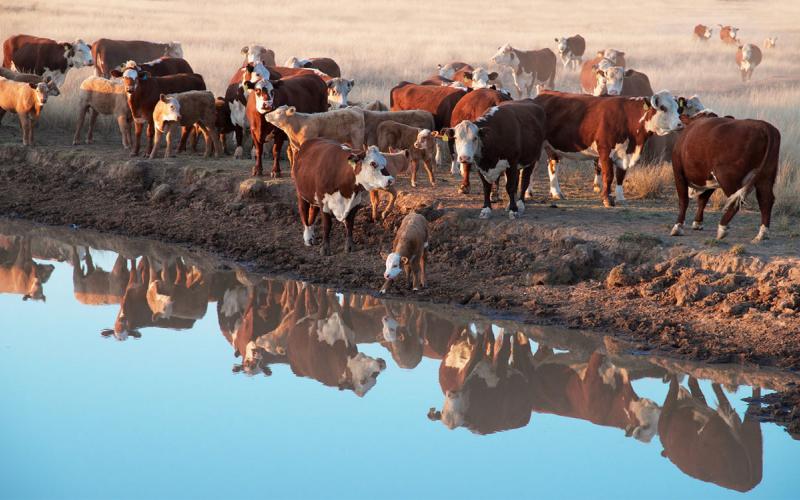
Hot Days Ahead and the Need for Water
Hot summer days are still ahead, and we need to account for water. The amount of water a cow requires varies depending on a variety of factors, including environmental temperature, lactation status and weight.
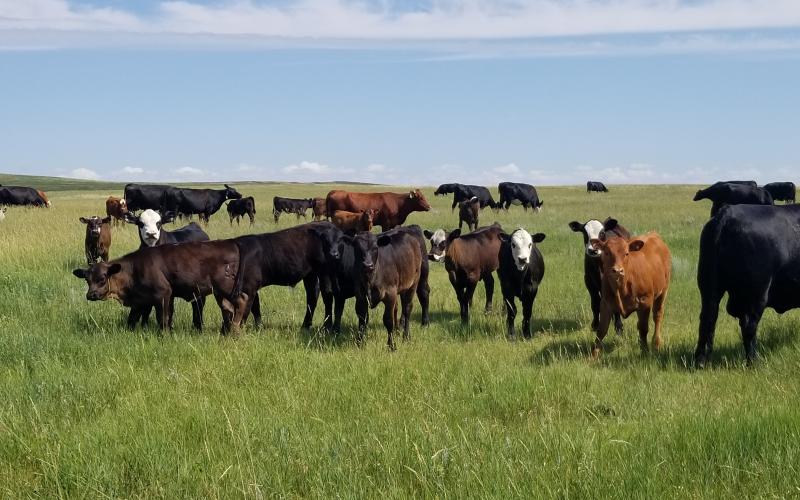
Registration Open for Mineral Nutrition for the Beef Cow Herd
May 10, 2021
To date, the Mineral Nutrition for the Beef Cow Herd series has drawn participants from 79 operations, plus 22 industry and Extension personnel from South Dakota, North Dakota, Minnesota, Colorado and Illinois.
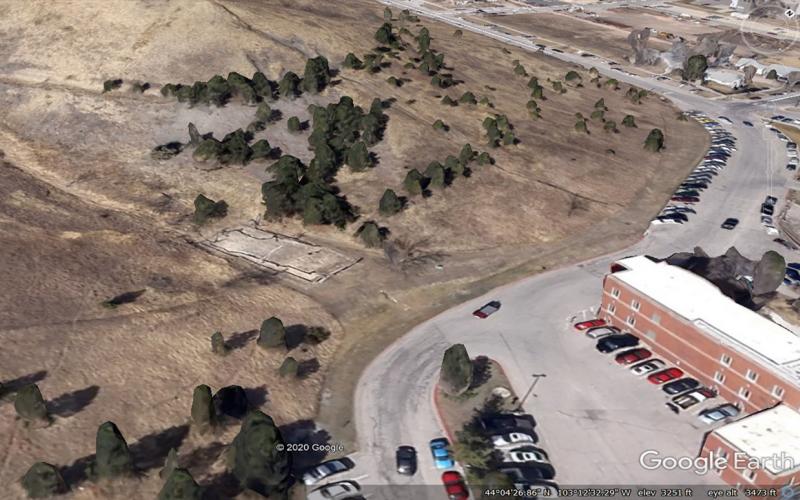
West Dakota Water Development District Looks To Improve Rapid Creek Water Quality Through Stormwater Mitigation and Erosion Control Projects
Two pilot projects initiated by the West Dakota Water Development District are intended to improve water quality in Rapid Creek by reducing suspended sediment loading over time.
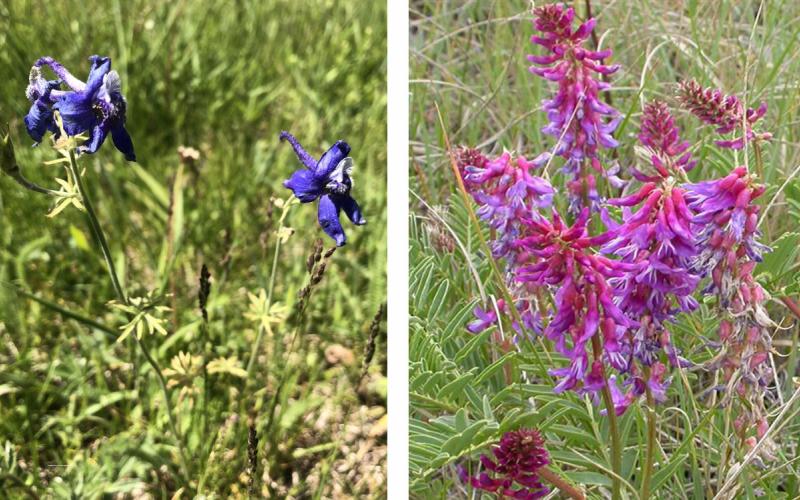
Poisonous Plants on Rangelands: Larkspur and Poisonvetch
Larkspurs are the second leading cause for all livestock deaths from toxic plant poisoning. Poisonvetches are considered accumulator plants that uptake excessive levels of selenium and cause toxicity problems in cattle.
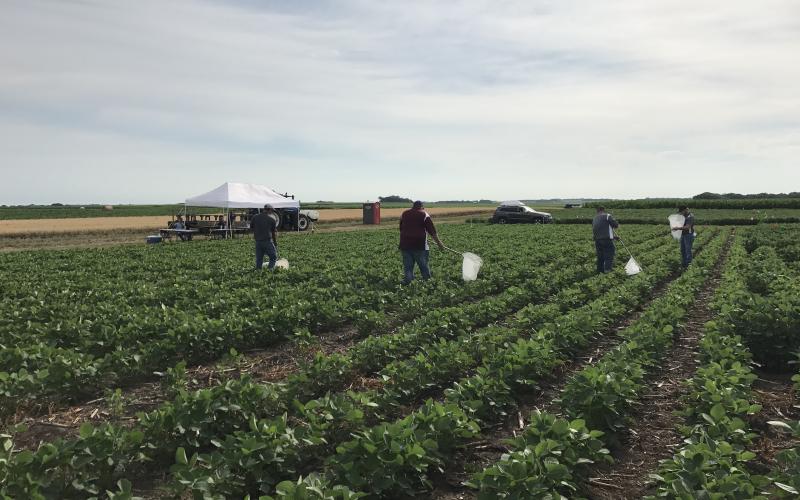
SDSU Extension to Offer Integrated Pest Management Field School Online
July 30, 2021
South Dakota State University Extension will kick off its 13th annual Integrated Pest Management (IPM) Field School Aug. 1.
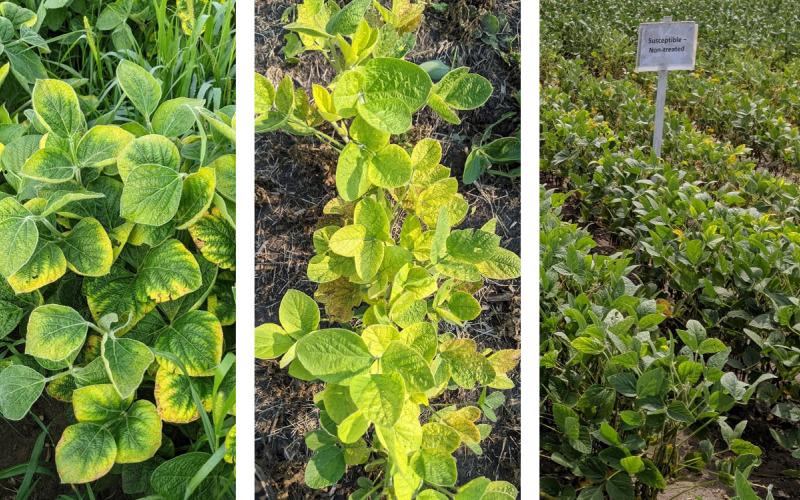
What Is Causing Soybeans to Yellow at This Time?
Recently scouted soybean fields were observed with yellowing plants, and one field was found to have plants dying prematurely. Learn some of the factors that may cause soybean plants to yellow at this time in the growing season.

Redheaded Flea Beetles Clipping Silks
This week, redheaded flea beetles were observed in corn. Redheaded flea beetles will often strip only a layer of the leaves off corn, which results in windowpane holes, but the bigger issue is that they will also feed on corn silks.
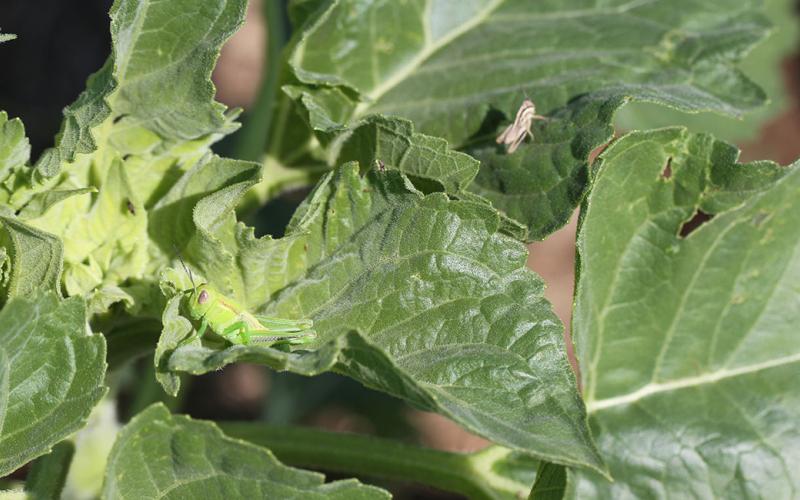
Grasshoppers Already Moving Into Sunflower Fields
With grassland food sources being depleted earlier than usual due to drought, grasshoppers are moving into nearby crops in search of vegetation. In parts of western South Dakota, grasshopper nymphs have already been observed feeding on young sunflower plants.